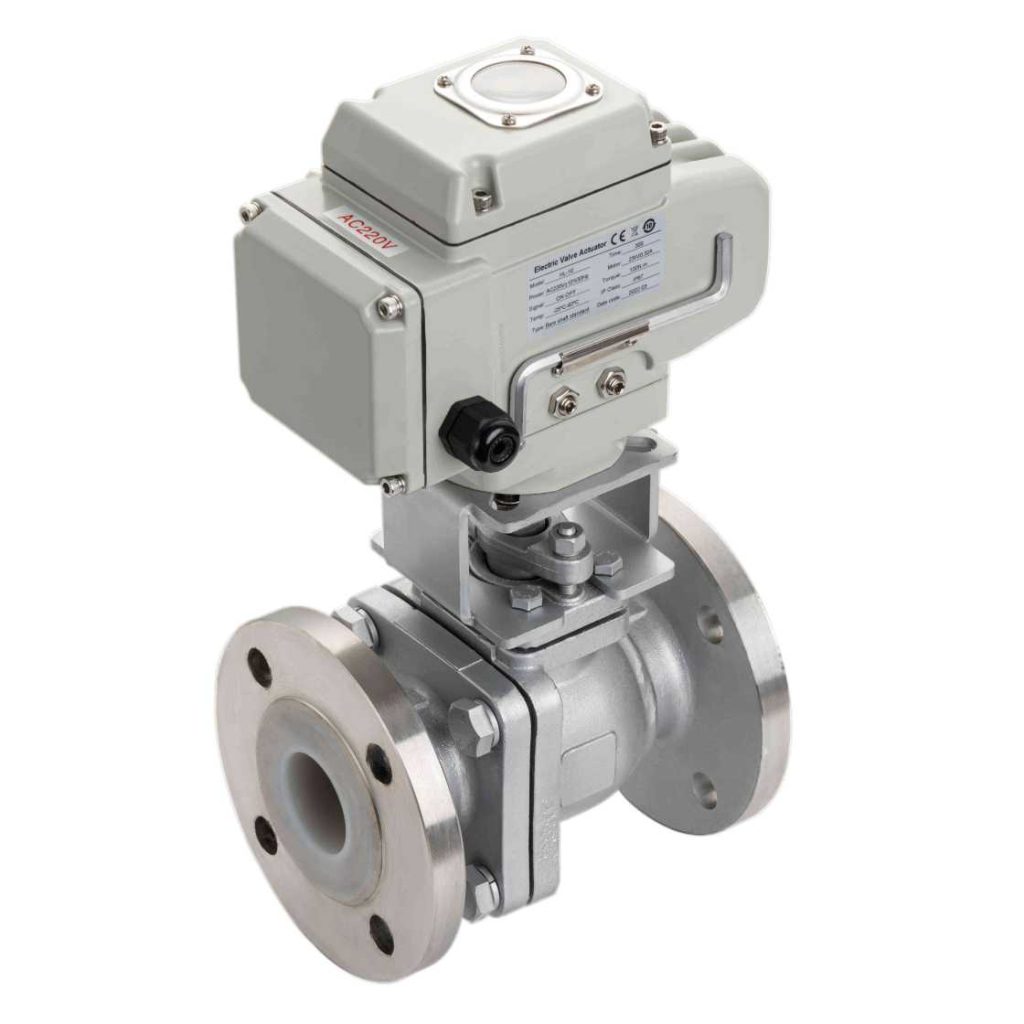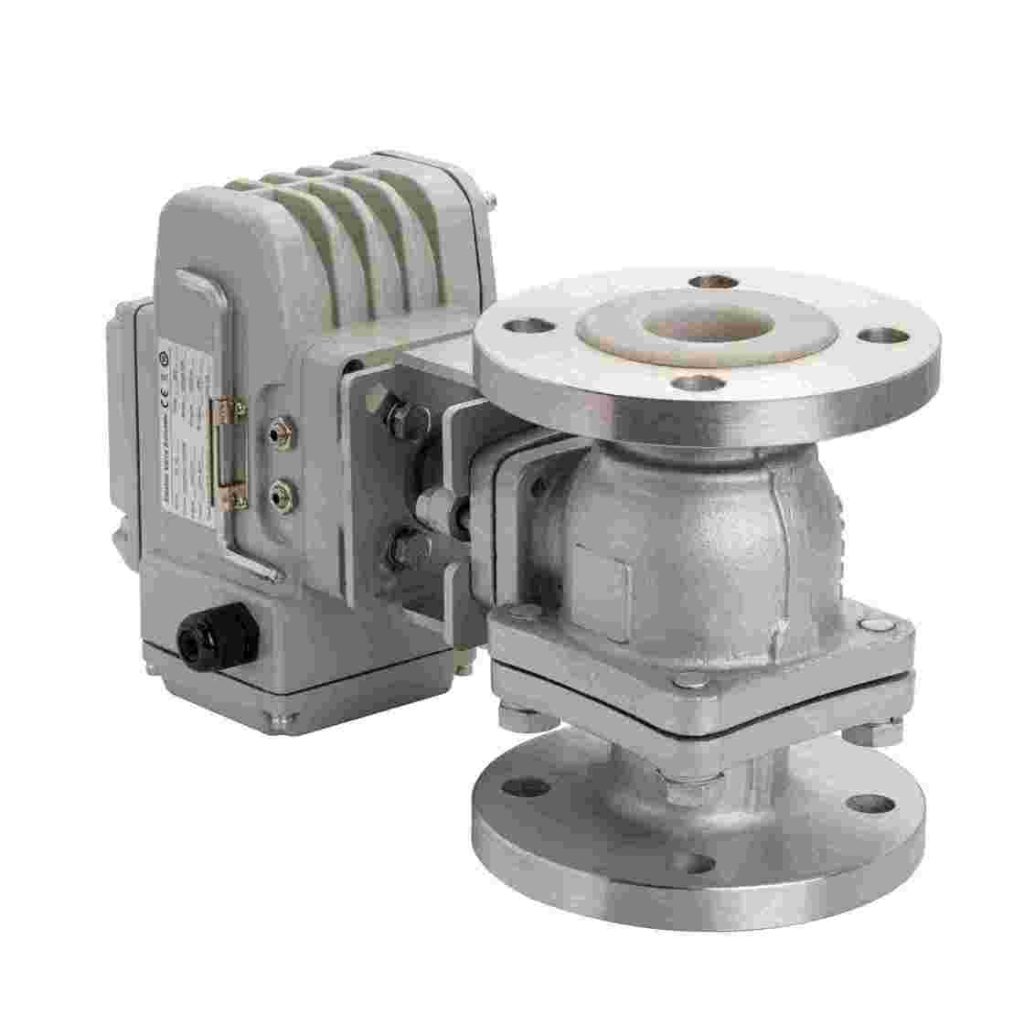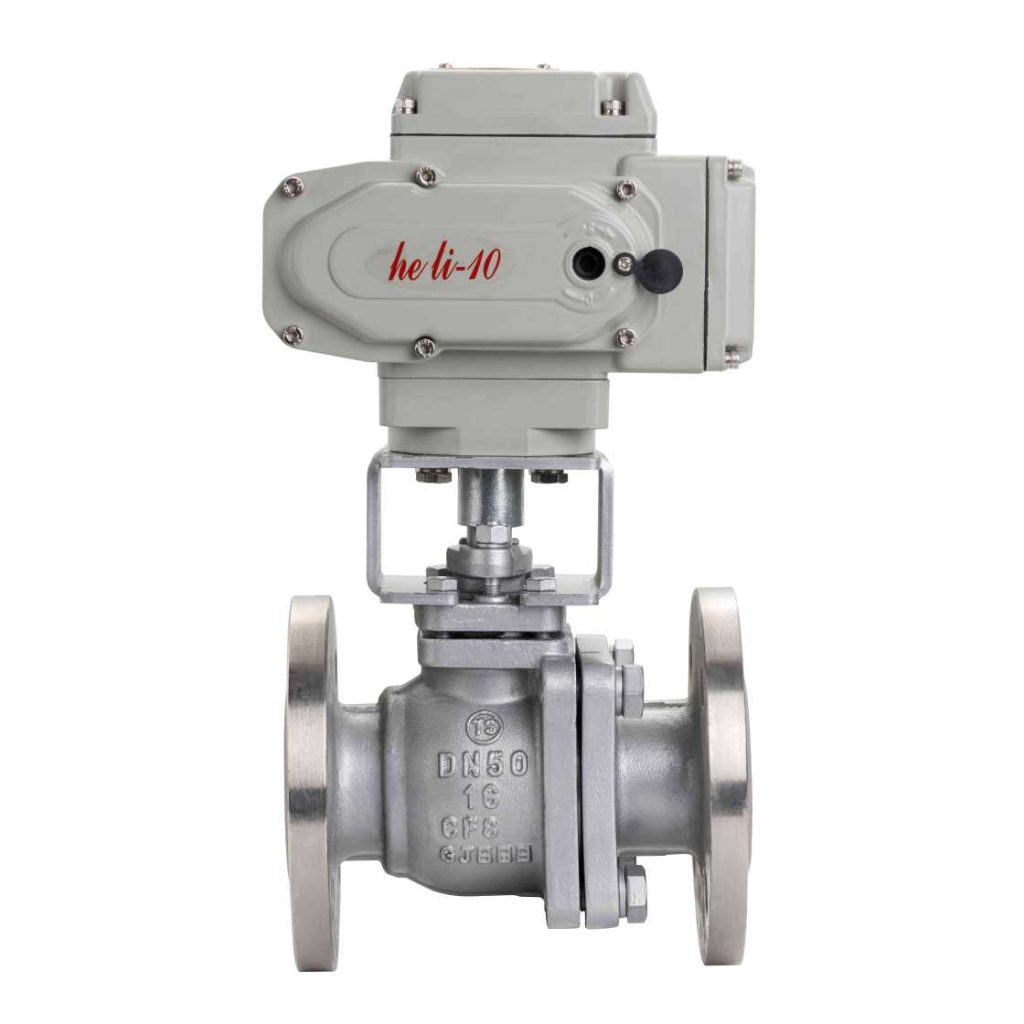In today’s fast-paced industrial world, maintaining the integrity of pipeline systems is crucial. The introduction of electric anti-corrosion ball valves has marked a significant advancement in the world of fluid and gas control. These valves are specifically designed to handle corrosive environments while offering precise control over flow, making them indispensable in various industries, such as oil and gas, chemical processing, water treatment, and more. This article explores the key features, benefits, and applications of electric anti-corrosion ball valves and how they are revolutionizing industrial operations.

Understanding Electric Anti-Corrosion Ball Valves

An electric anti-corrosion ball valve is a type of valve that combines the durability of a ball valve with the precision and convenience of electric control. A ball valve, known for its spherical ball that regulates the flow of substances, is operated by turning the valve handle. However, in an electric ball valve, the manual handle is replaced by an electric actuator, which can be controlled remotely. The term “anti-corrosion” refers to the valve’s ability to resist the damaging effects of various corrosive substances such as chemicals, saline water, or aggressive industrial fluids. To achieve this, electric anti-corrosion ball valves are typically made from high-quality materials such as stainless steel, or more advanced alloys, and are often coated with special anti-corrosion coatings or lined with corrosion-resistant plastics.

Leave a Reply